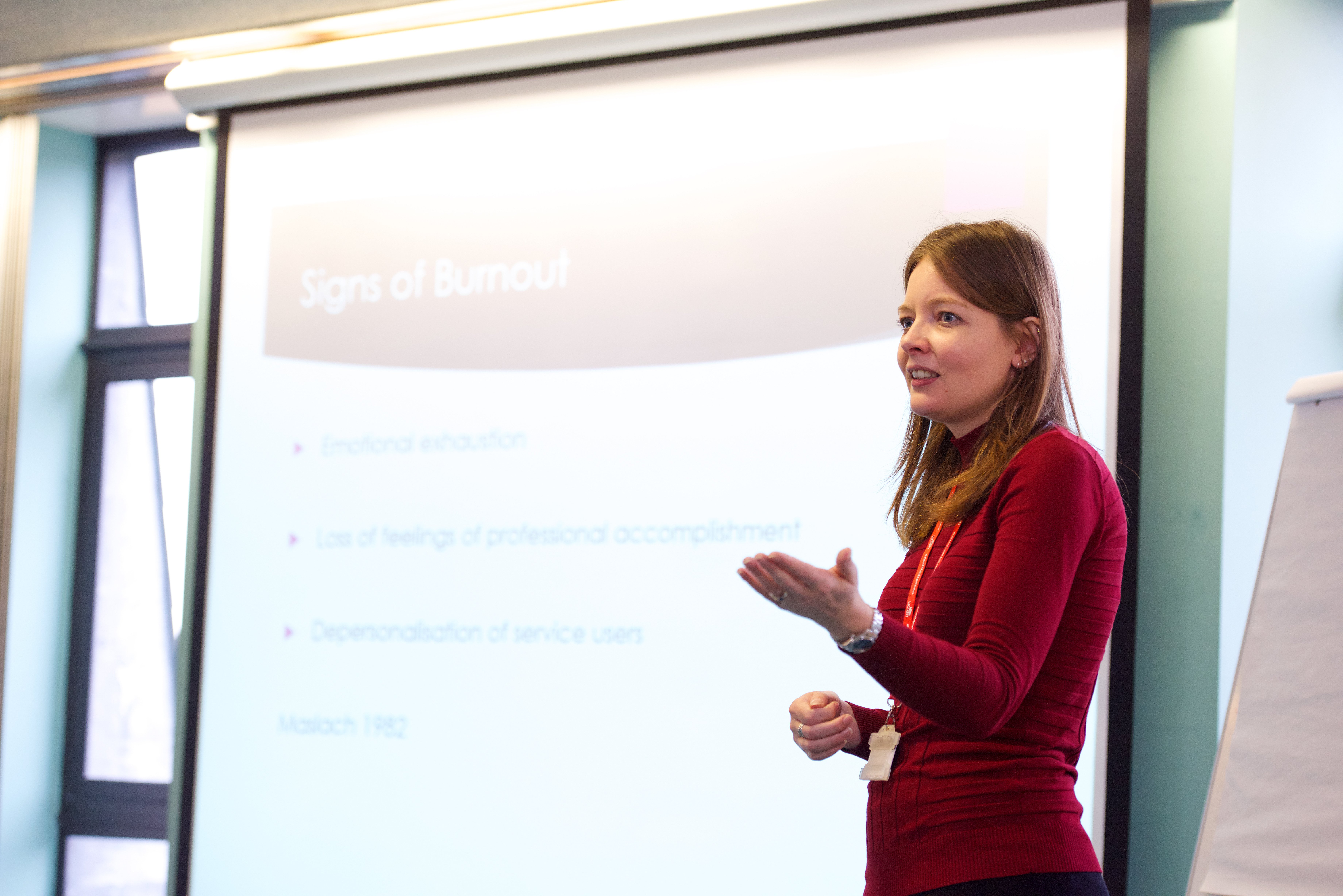
Social policy and economic policy: What’s the difference?
Uncover the distinctions between social and economic policy in our comprehensive guide.
Whether you’re looking to study this field, or you’re simply interested to discover the key differences between social and economic policy, and how they can work in tandem, this handy guide has all the information you need.
What is social policy?
Social policy is a field of study focusing on human need and what governments and other bodies can do to meet it. It consists of guidelines, principles, legislation and activities that affect the living conditions conducive to human welfare, such as a person’s quality of life.
Social policy can cover areas such as:
-
Education
-
Employment
-
Security
-
Aged care
-
Housing
-
Community services
Not only this, but social policy also looks at different societies around the world and how they respond to challenges, such as access to healthcare, poverty and inequality.
Take a look at how social policy differs from public policy.
What is economic policy?
Economic policy is a set of strategies designed to steer and regulate how the economy functions. These policies are generally formulated and managed by the government. Economic policies include things such as taxes, public expenditure and income redistribution.
The effectiveness of economic policies is often measured using ‘positive’ and ‘normative economics’. Positive economics focuses on the analysis of how economic systems work and their outcomes, whereas normative economics focuses on the value of economic fairness, or what the economy "should be".
How do social and economic policies influence each other?
Social and economic policies, and changes to such policies, have a huge impact on one another.
Social policies, which address issues like healthcare, education and poverty, can have a knock-on effect on the likes of income distribution and productivity.
On the other side, any changes to economic policies, such as taxes or government spending, can directly shape social conditions by impacting access to resources, employment opportunities and more.
Here are some real-world examples of social and economic policies intertwining:
Minimum wage legislation (economic policy) and poverty reduction (social policy)
An increase in the National Minimum Wage is an economic policy aimed at improving the standard of living for low-wage workers. By providing higher wages, even the lowest paid workers have more disposable income at their fingertips, which aids the reduction of poverty rates and improves overall social welfare.
Childcare support (social policy) and economic growth (economic policy)
Providing affordable and accessible childcare services, or even increasing the amount of free childcare support that parents and guardians are eligible to, enables the caregivers to return to work more readily.
By easing the burden of childcare responsibilities, this social policy specifically encourages more individuals to enter or remain in work, contributing to economic growth. Additionally, increased childcare support can help alleviate poverty by empowering parents to pursue employment opportunities and higher-paying jobs.
Hopefully these examples help to paint a better picture of how the two fields are directly interconnected and, when working together efficiently, can help to aid a better society and quality of life for all.
How an MA Social Policy can help social welfare provision and public service professionals develop the skills needed to succeed
If you’re interested to learn more about these key topics, and take the first step on your journey to making a positive real-world impact on the lives and wellbeing of societies and communities, an MA in Social Policy could be for you.
This will provide you with a deep insight into and understanding of the cultural, demographic, political, economic and technological changes that globally shape social policy.
These transferrable skills will enable you to carry out social research that’s informed by ethics, politics and methodology, and to create social policies with impact that help to drive society forward and promote human wellbeing, welfare and equality.
Part-time and 100% online, studying with us allows you to work your education around your other commitments, to strike that perfect work/life balance:
Related posts
See all
Key skills to succeed in social policy
Gain insight into the key skills you need to succeed in a social policy career, and discover how an...
Read the story
How do different countries address social reform?
Discover how different countries tackle social reform in this insightful blog post. Explore case...
Read the story